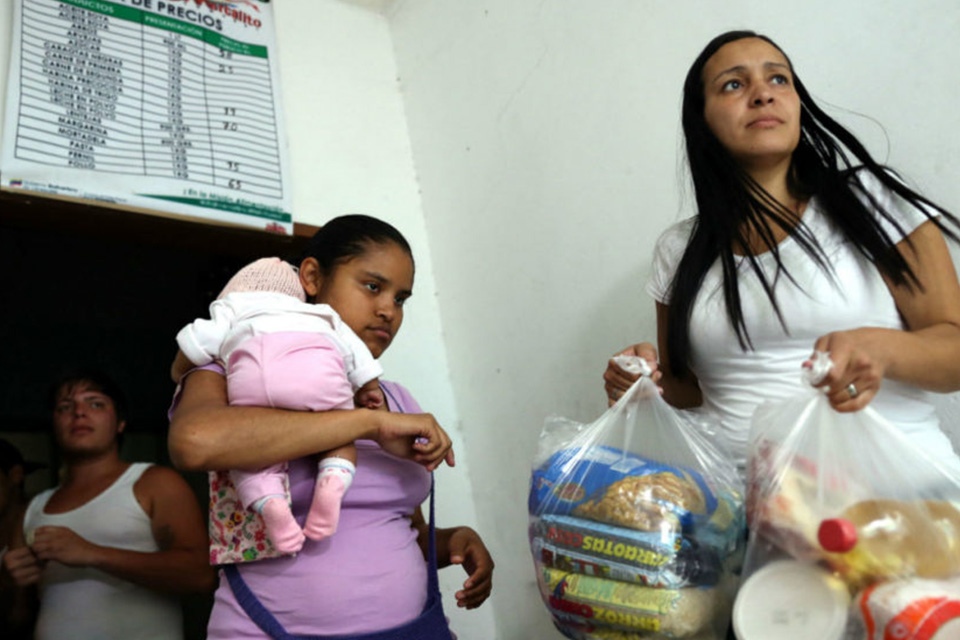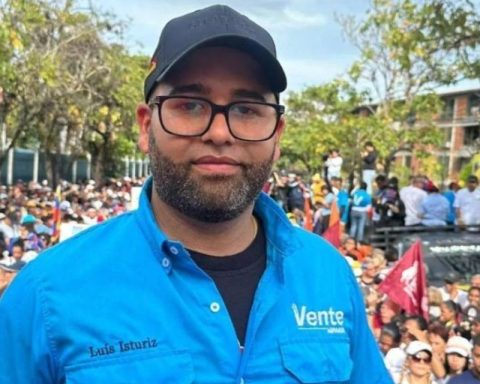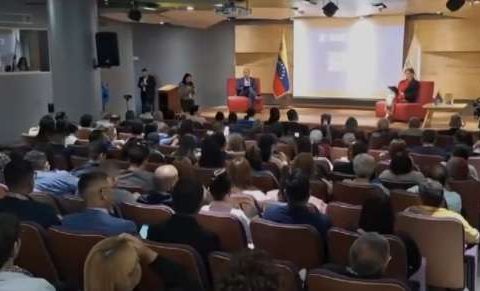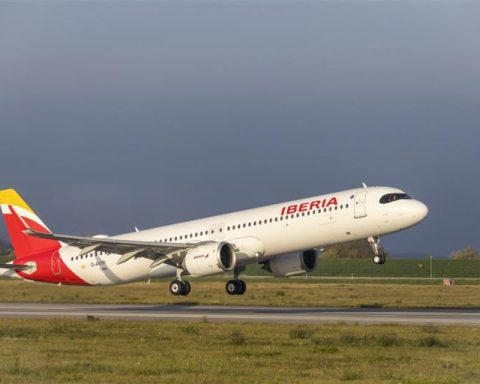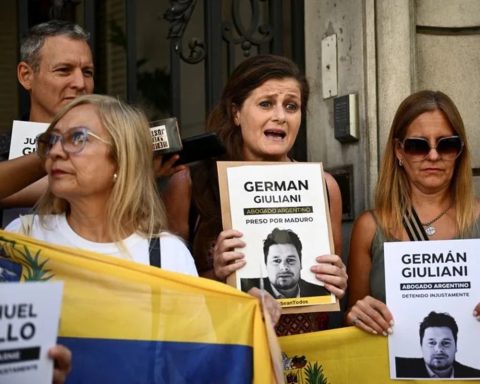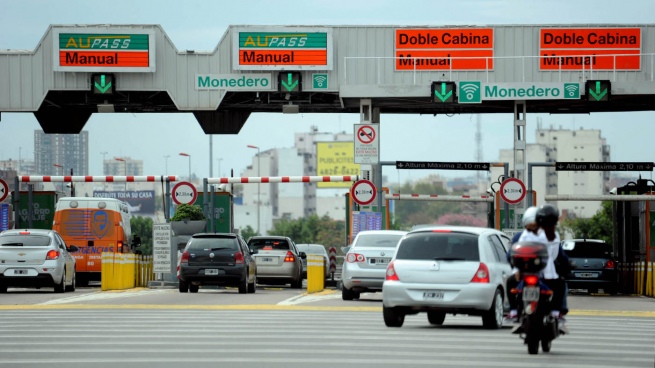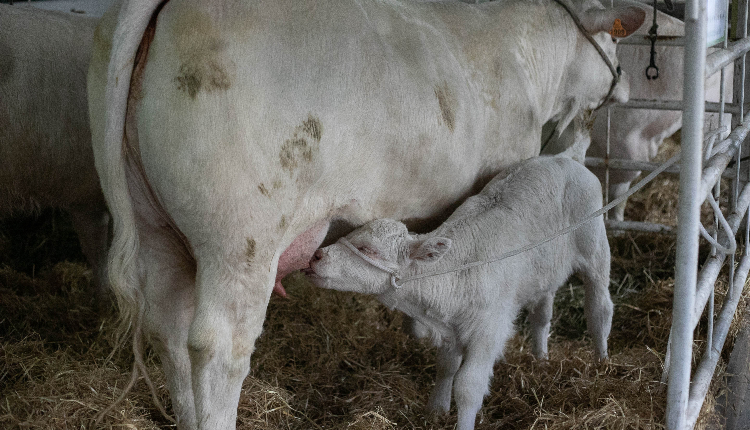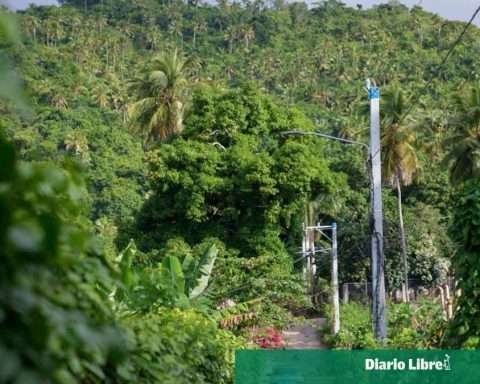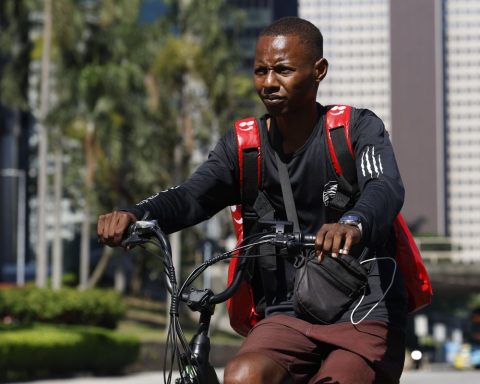More than half of all the family groups interviewed by HumVenezuela use almost all of their budget to buy food, and even then they are not able to satisfy all the requirements; Despite the fact that the availability of CLAP bags is very irregular and the quantity and quality of the products do not cover the needs, more and more Venezuelans depend on them to satisfy their food needs.
After two years of the covid-19 pandemic and seven years of a complex humanitarian emergency in the country, HumVenezuelaa civil society humanitarian information platform, carried out the second community diagnostic experience between the months of February and March 2022 to assess the situation of families and communities with respect to the right to life, integrity, security, food, health, and other basic services.
To carry out this study, 6,459 family groups were surveyed, in 18 states of the country; specifically in 145 municipalities; which gave a total of 20,186 people.
The first sector evaluated was food. It was found that 91.1% of the families acquire their food through purchase; that is, with respect to the months of February/March 2021, there was a 5.1% decrease in alternative forms of supply such as exchange for work or barter, and gifts or donations of food fell by 10%.
Regarding the places where families go to buy their food, it was found that the largest number of these (61%) do so through the Local Supply and Production Committees (CLAP); a figure that increased, despite the fact that “its availability is very irregular and the quantity and quality of the products does not cover the needs,” says the report.
*Read also 1,200 families stopped receiving the CLAP in the municipality of Diego Ibarra de Carabobo
Of the 18 states studied, Miranda presented the largest group of families with enough food (29%) and Monagas was the entity where those consulted reported a lot of food shortages (59%); In the same way, in other states such as Yaracuy and Amazonas, little or very little food was reported to cover the consumption needs of all family members.
Complete budget for food
More than half of all households interviewed spend almost their entire budget on food purchases. Between 2021 and 2022 this percentage decreased 8.9 points, from 64% to 55%. However, from 10% to 14%, the proportion of family groups that spent more than half of the budget on the purchase of food increased, and from 17.5% to 23%, those who no longer had a budget to make these expenses .
More than 70% of family groups in Aragua, the Capital District, Guárico, Sucre and Táchira allocate almost their entire budget to cover food expenses.
The states they represent greatest restrictions to buy food for not having the budget are Monagas (74.5%), Anzoátegui (46%) and Bolívar (37%).
*Read also Solidarity Action: Almost 9 out of 10 people dedicate income mainly to food
Decreased food insecurity
According to the comparative studies of HumVenezuela, the situation of food insecurity (moderate and severe) improved slightly between June 2021 and March 2022; going from 50% to 43%. Likewise, this humanitarian platform reports that the percentage of groups that need to combine several strategies in order to have food did not change, situated at 41%.
Households in moderate food insecurity decreased from 41% to 35% and those in severe food insecurity decreased from 9% to 7%.
Among the main foods that are frequently more than half of those consulted never or almost never consume fruits, fish, meat, chicken, milk, bananas, vegetables, tubers and bread. What family groups consume the most in these 18 states of the country are grains, rice, pasta, corn flour, eggs and cheese.
*Read also SPECIAL | The face of poverty, the stories behind Encovi 2019-2020
Failures in other services
The average percentage of households affected by severe interruptions in the supply of water service rose from 38% to 43% between June 2021 and March 2022.
The states Nueva Esparta, Capital District and Amazonas they were the most affected by the severe restrictions on access to water supply through aqueducts; in these states the greatest increases in this type of faults were registered.
40% of family groups are forced to buy large bottles of water and 9.1% go to springs, lakes, rivers or streams to get supplies.
Regarding water pollution, 74% of the consulted families reported contamination of what they consume; which represents an increase of four points between June of the year and March 2022.
Most of the family groups surveyed do not have health services. communications such as fixed telephony (63%) and internet services (52.2%); however, a high percentage has a cell phone (89.3%). The lack of urban sanitation services and public transport is also considerable, reaching 21% and 18% of family groups, respectively.
Gas service failures by cylinders affected 30% of family groups in March of this year, reducing compared to what was registered in June.
In terms of electrical service failures, the most affected states were Mérida (75.2%), Táchira (69.5%), Nueva Esparta (46) and Aragua (29); although between June 20221 and March 2022 the percentage of severe electricity failures decreased by 5.8 points.
*Read also Cedice Libertad study reveals the deterioration of public services in June 2022
Post Views:
281
